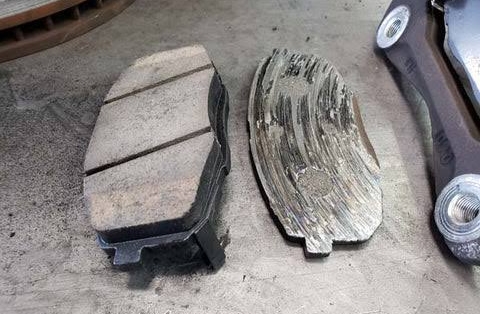Car/Vehicle Maintenance
Importance of radiator coolant

Radiator coolant, also known as antifreeze, plays a crucial role in the proper functioning of a vehicle’s cooling system.
This fluid circulates through the engine, absorbing heat and preventing the engine from overheating.
In this article, we will delve into the composition, functions, and maintenance of radiator coolant.
Composition
Most modern radiator coolants are a mixture of water and ethylene glycol or propylene glycol.
These glycols serve as the base, providing the fluid with antifreeze properties.
Additionally, radiator coolants contain various additives, such as corrosion inhibitors, anti-foaming agents, and pH stabilizers.
These components work together to enhance the coolant’s performance and longevity.
Functions
1. Heat Dissipation
The primary function of radiator coolant is to absorb heat generated by the engine during combustion.
As the hot coolant circulates through the engine, it absorbs excess heat, preventing the engine from reaching dangerous temperatures.
2. Freeze Protection
The addition of glycols in coolant prevents it from freezing in cold temperatures.
This is crucial, especially in regions with harsh winters, as frozen coolant could lead to engine damage.
3. Corrosion Prevention
Coolants include corrosion inhibitors to protect the metal components of the cooling system.
This helps in preventing rust and corrosion, which could negatively impact the efficiency of the system.
4. Anti-Foaming Properties
Coolants often contain anti-foaming agents to prevent the formation of air bubbles in the system.
Foam can reduce the coolant’s ability to transfer heat efficiently.
Maintenance
1. Regular Checks
Periodically check the coolant level in the overflow reservoir and top it up if necessary.
This ensures a consistent and adequate supply of coolant in the system.
2. Flush and Replace
Over time, coolant can accumulate contaminants and lose its effectiveness.
It is recommended to flush the cooling system and replace the coolant according to the manufacturer’s guidelines.
3. Inspect for Leaks
Regularly inspect the cooling system for any signs of leaks. Leaks can lead to a loss of coolant and compromise the system’s efficiency.
4. Use the Right Coolant
Different vehicles may require different types of coolant. Always use the coolant recommended by the vehicle manufacturer to ensure compatibility and optimal performance.
In conclusion, radiator coolant is a vital component in maintaining the health and performance of a vehicle’s engine.
Understanding its composition, functions, and proper maintenance is essential for ensuring a reliable and efficient cooling system.
Regular checks, proper flushing, and using the right coolant are key practices to keep the engine running smoothly and extend its lifespan.

















